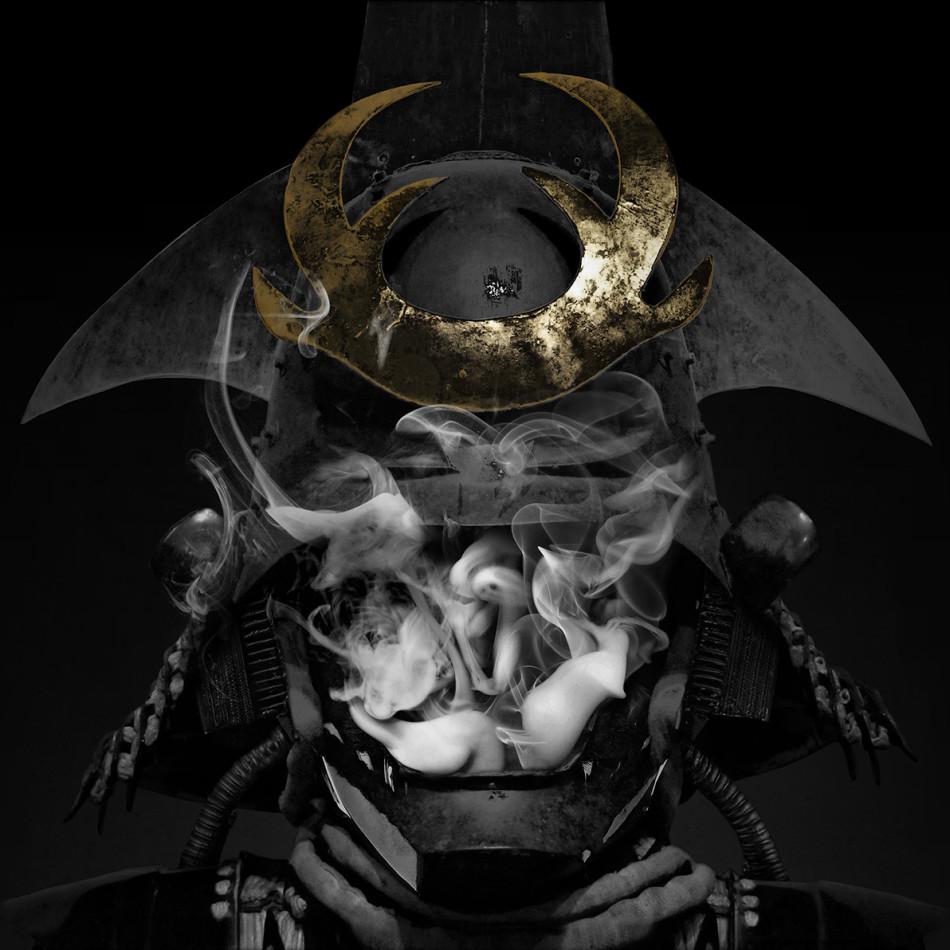The Glitch Mob: Love Death Immortality
March 31, 2014
Album Rating: 4/5 stars
In Los Angeles, five solo DJs with similar styles decided to join together to create a new group: The Glitch Mob. The original five piece from 2008 has now been reduced to only three: ooah (Josh Mayer), edIT (Edward Ma) and boreta (Justin Boreta). With past successes and extended plays, the band is now trying to top its last album’s success in 2010 (Drink the Sea) with a new album: Love Death Immortality.
In this new album, they mixed modern and edgy elements into their songs. It includes components of the electro-house genre and Drum n’ Bass (DNB) while still sticking true to their unique style. “Skullclub”, the third song in the album, exploits this combination successfully by incorporating upbeat drum solos and piano melodies into the mix. Songs like “Mind of a Beast” and “Skytoucher”, have extremely fast-paced beats along with unusual and jittery baselines. The most popular song of the album, “Can’t Kill Us”, has the buildup of an 80s rock ’n’ roll band and combines heavy and high-pitched attention-grabbing synths overlapped with loud guitar riffs. The album’s sound quality is phenomenal: it has great acoustics and an even balance between bass and melody. The album consists of many small details that really showcase The Glitch Mob’s unique style.
Another element they added was the use of vocals on top of their already jam-packed melodies. Although The Glitch Mob has not used many vocals in their music in the past, they approached several artists for samples to use in their newest album. The songs “I Need my Memory Back” and “Our Demons” both feature Aja Volkman, one of four featured artists in the album, who is married to Dan Reynolds, the front man of Imagine Dragons.
“She actually tracked them in the back of the Imagine Dragons tour bus while her kid was asleep in the other bunk,” said Edward Ma. “She sent it back to us and obviously the recording sound… was absolutely terrible. It sounded really bad, but [realizing] the performance and the mojo, we knew the magic was there.”
Other than the vocals, the album as a whole seemed to be a bit too repetitive in beat, and could be mistaken as a giant mixtape if each song is played back to back. There is no doubt that the album has energy, but in this case, there is a bit too much. There seems to be no such thing as a calm track throughout the entire album, and the constant drops and breaks will cause the listener to have no room to step back and understand what is going on. As a consequence, the songs are not as memorable as their previous hits. The successes such as “Fortune Days” and “Animus Vox” that made The Glitch Mob noticed on the electronic scene contained more laid back and diverse dynamics and strayed away from being too repetitive and loud.
Love, Death, Immortality was another respectable album by the Glitch Mob, but did not live up to my expectations. It is ultimately a decent headphone-listening experience and meant more for live shows or a cardio session.






